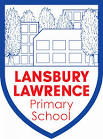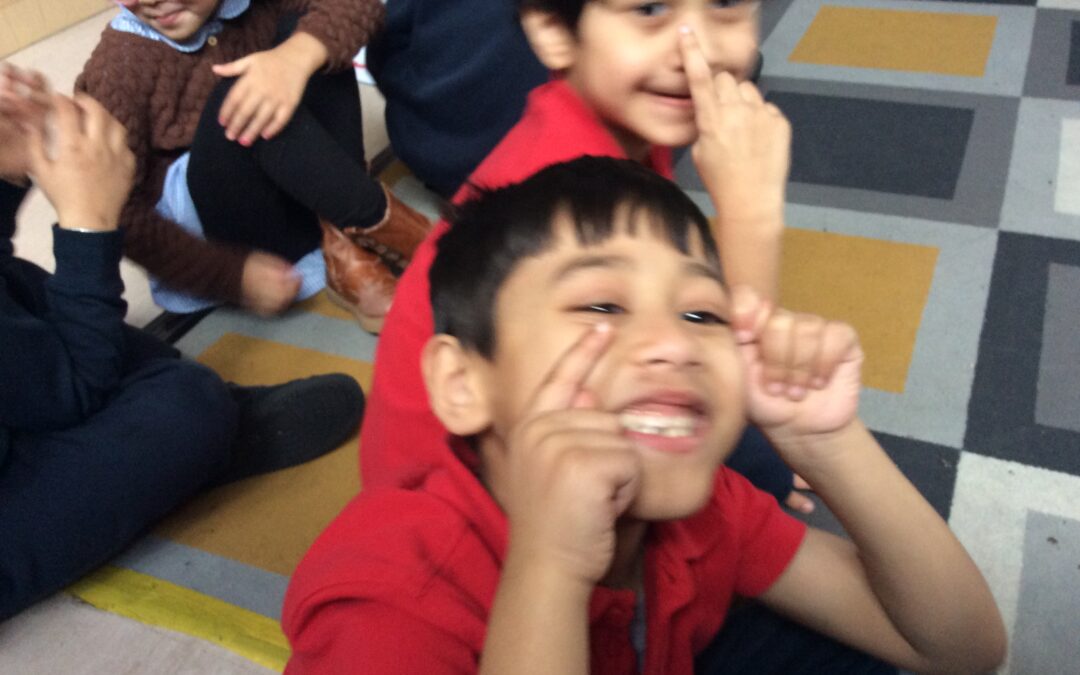Year 1 are enjoying using P4C to develop their skills of thinking, talking and understanding this half term. The enthusiasm, creativity and curiosity they have shown in their philosophy lessons so far has been extremely pleasing to see, and lots of the children’s thoughts centred around the idea of power by the end of today.
In the lesson, children practised being collaborative thinkers by sharing their own ideas and by encouraging others to join in. Our warm up was used to start our pondering, and we considered whether we’d rather be super fast or super strong . . . .
“I’d rather be super fast because I would be able to run away from when I’m being tagged in a game in the playground.“
“I’d like to be super strong so I can carry people like a baby. I want to be helpful.”
”I’d like to make my life easier by picking up rocks if they’re in my way, so I’d like to be super strong.”
“If I had to be one, it would be super fast so I could move without people seeing me.“
. . . . and whether we’d rather have a clown nose or clown feet:
“I’d have a clown nose because it would make people laugh.”
“I would not like a clown nose in case people see it.”
“Can I have both? I would like to make everybody laugh!“
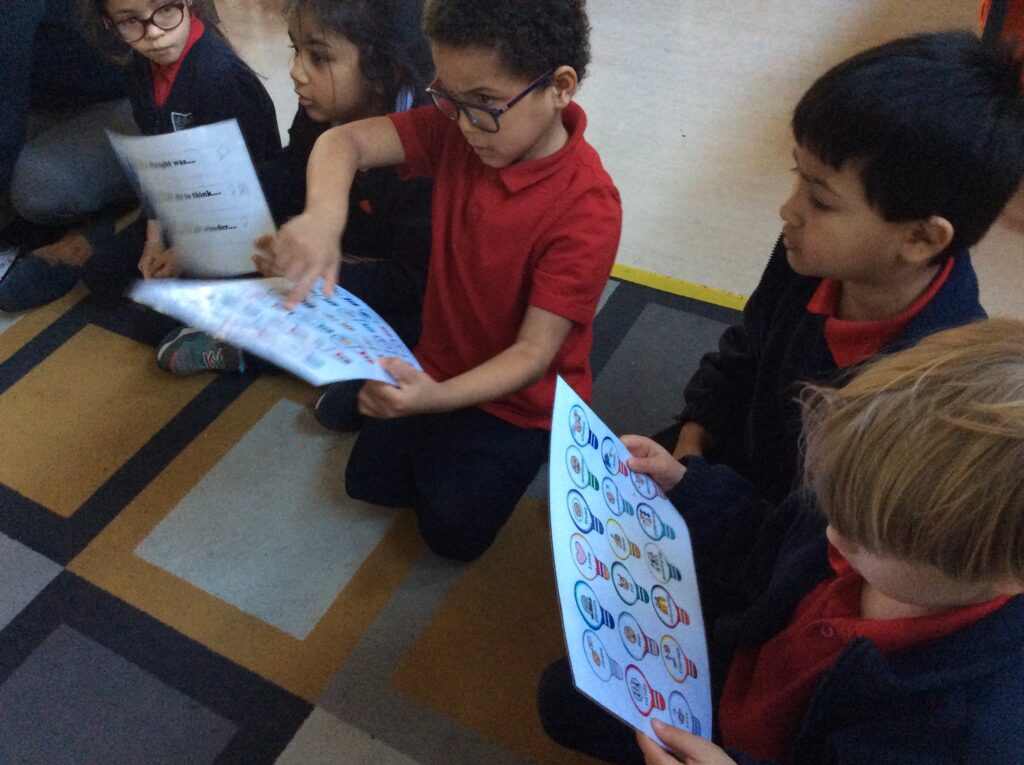
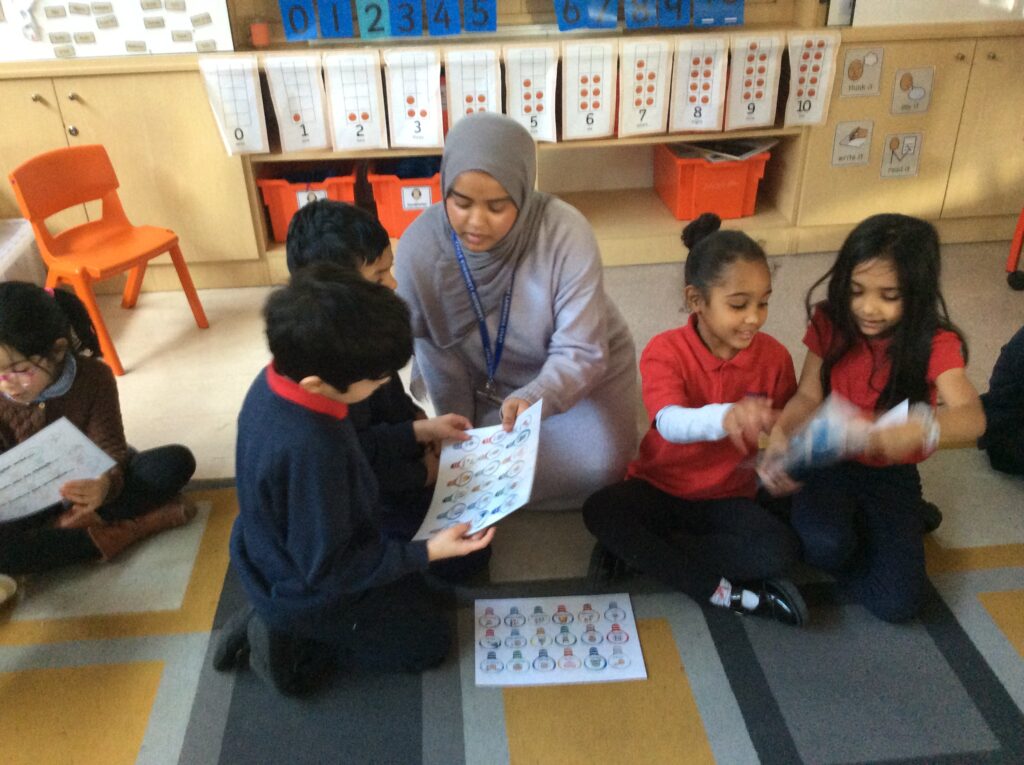
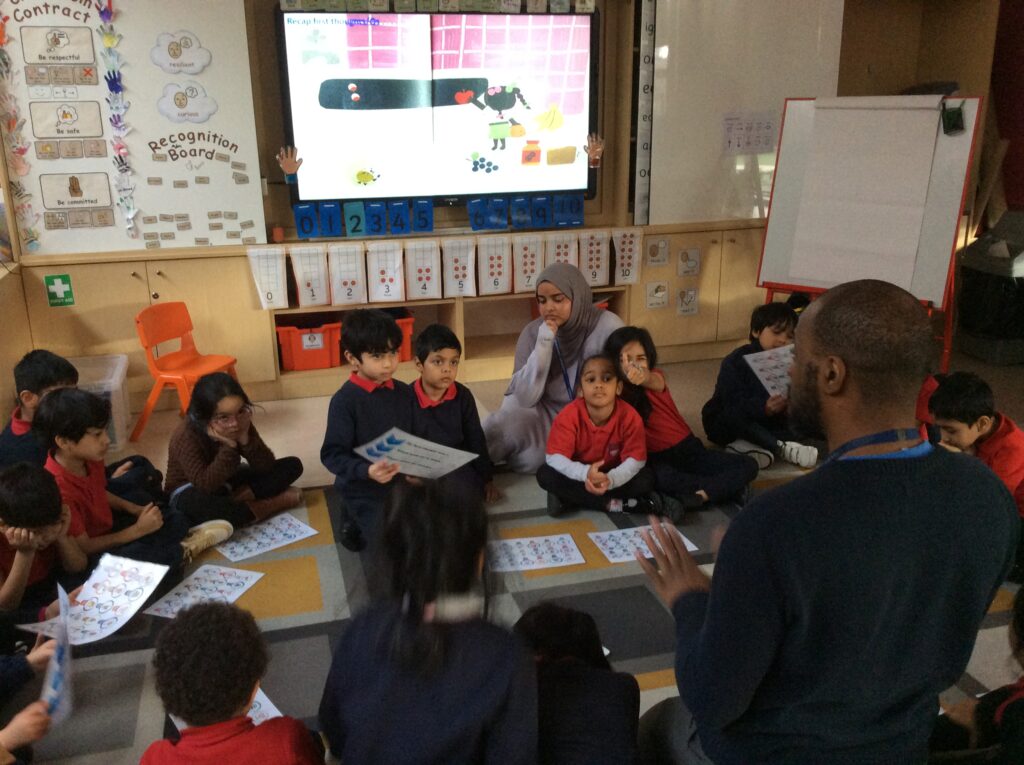
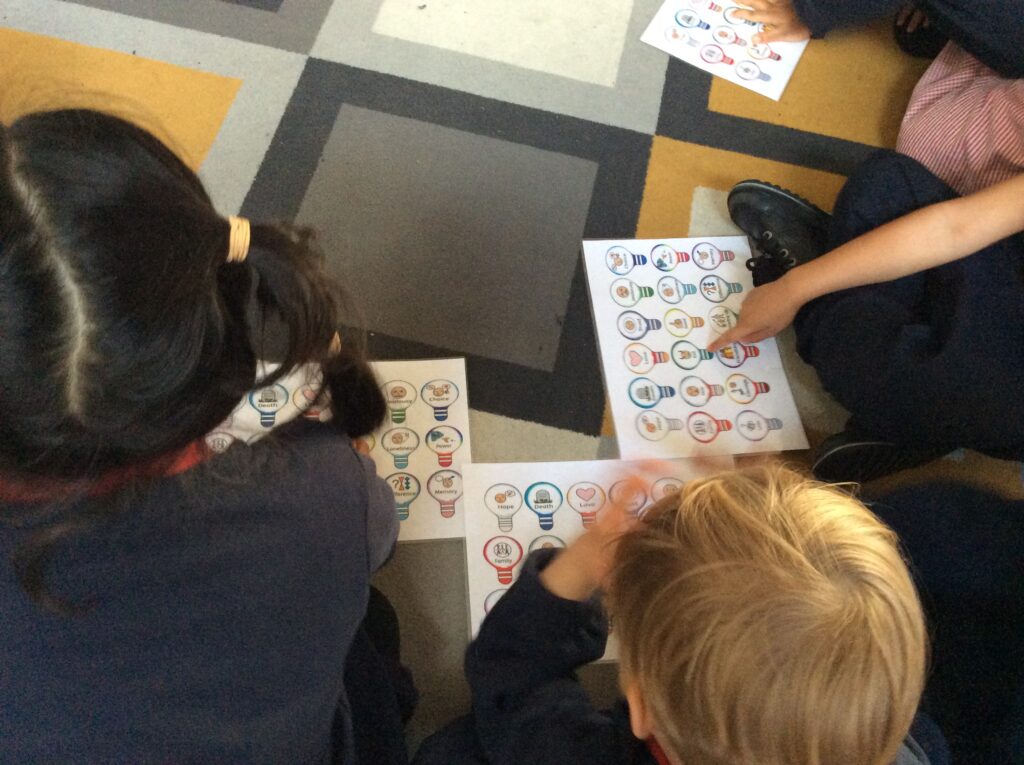
Next we explored the stimulus carefully:
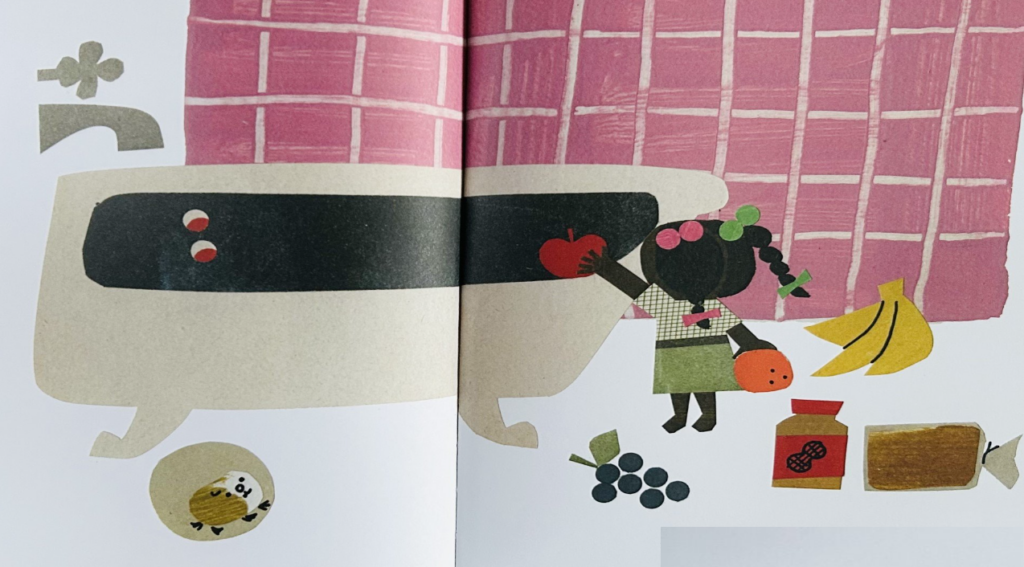
Some of the children’s responses:
- I can see the girl putting fruit in the bath.
- I notice the circles in the bath look like eyes.
- She is being naughty by putting things in the bath.
- I see the hamster sitting on the floor, and I think the eyes are bubbles.
- Does the girl want to drink the water?
- I think she made the water dirty.
- Why is she on her own? Is she locked in?
As the children continued to wonder, their initial thoughts then lead them to make connections with different concepts such as good, evil, loneliness, power and choice:
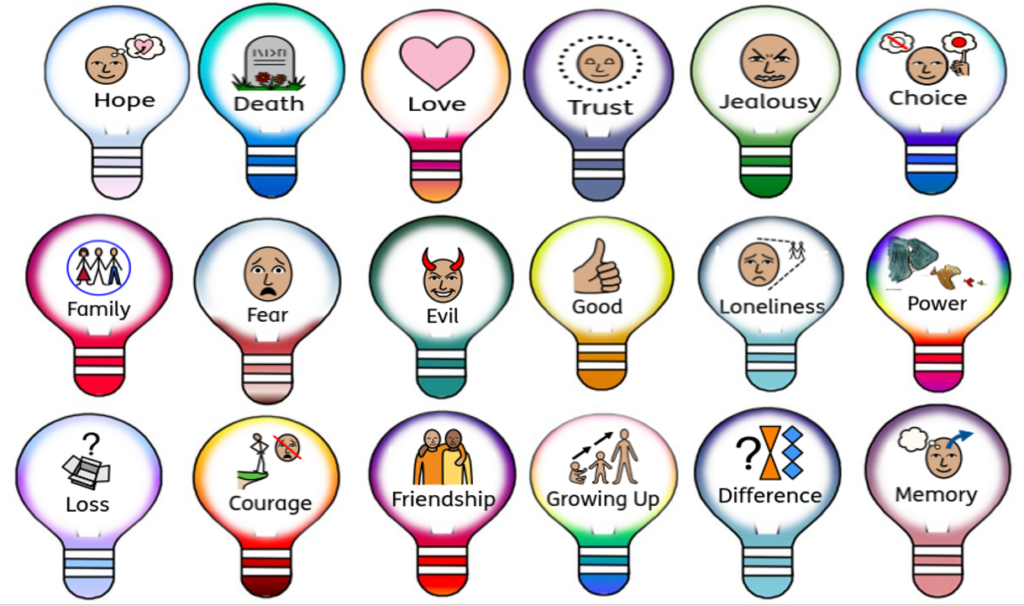
P4C is an approach to teaching and learning that is focused on developing critical, creative, caring and collaborative thinking through the development of classroom communities of enquiry.
Both classes are looking forward to continuing the discussion cycle in our next lesson together – they even reminded the adults that they must always sit in the circle to be part of the discussion too.
